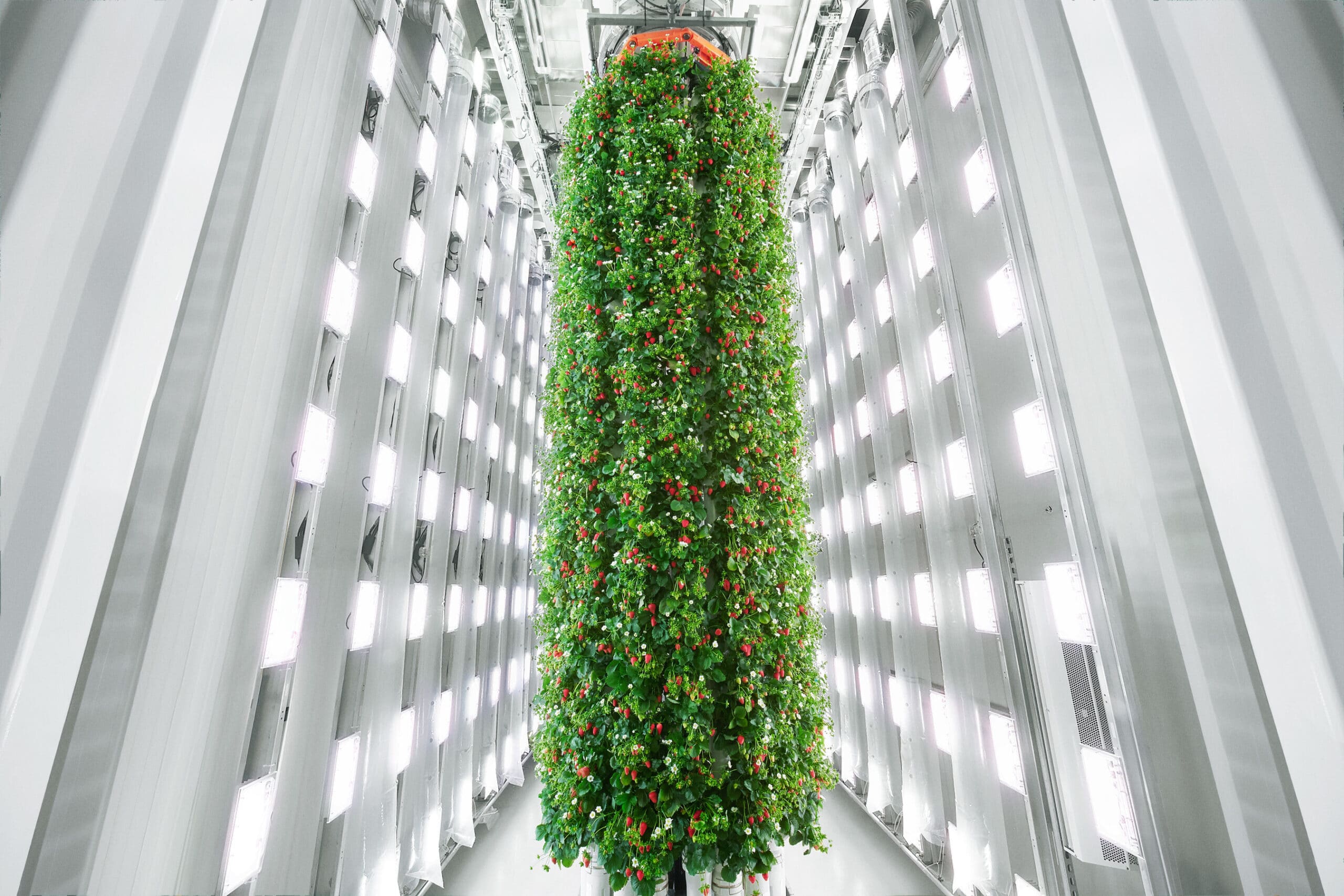Key Takeaways
- Plenty Unlimited Inc. has successfully emerged from Chapter 11 bankruptcy following court approval of its reorganization plan.
- The company will focus on expanding its vertical farming operations for strawberries, starting with its Richmond, Virginia facility.
- Creditors reached agreements enabling resumption of farm construction and development.
- Exit financing was provided by One Madison, SoftBank Vision Fund 2, and additional investors.
- Plenty plans to scale its strawberry technology through farm sales and partnerships.
Plenty Completes Chapter 11 Process, Refocuses on Strawberry Vertical Farming
Plenty Unlimited Inc., an agricultural technology firm specializing in indoor vertical farming, announced that it has officially exited Chapter 11 bankruptcy after the U.S. Bankruptcy Court for the Southern District of Texas confirmed its reorganization plan. The company now enters a new phase of operations centered around its proprietary vertical farming technology for strawberries.
“This emergence is the start of a new, focused era for Plenty,” said Interim CEO Dan Malech. “To accelerate our impact, we are laser focused on strawberries.”
Strategic Pivot to Strawberry Production
Following the successful completion of its initial planting cycle at its Richmond, Virginia farm—which the company says yielded strawberries with strong consumer appeal—Plenty will now concentrate on expanding the facility’s growing capacity. A second planting is scheduled, and previously paused construction efforts are set to resume.
In addition to expanding operations in Virginia, the company is exploring opportunities to bring its vertical farming technology to new markets through the sale of farms. According to the company, its proprietary systems make it uniquely positioned to commercialize these efforts more broadly.
Resolution with Creditors and Financial Backing
As part of its restructuring, Plenty resolved outstanding claims with creditors, allowing suppliers and partners to return to the Richmond site to complete remaining buildout phases.
The company’s reorganization and exit from bankruptcy were supported by interim and exit financing from One Madison and SoftBank Vision Fund 2, with additional backing from other investors.
Omar Asali, cofounder of One Madison Group, stated, “Plenty has emerged as a more focused and efficient company, poised to expand its production of premium strawberries with industry-leading partners.”
Legal and Financial Advisors of Plenty Unlimited
During the Chapter 11 proceedings, Plenty was represented by Sidley Austin LLP and Wilson Sonsini Goodrich & Rosati. Jefferies LLC and Uzzi & Lall LLC acted as financial advisors. Legal representation for the primary financial backers included Davis Polk & Wardwell LLP for One Madison Group and Sullivan & Cromwell LLP for SoftBank Vision Fund 2.
With its reorganization complete and new capital in place, Plenty intends to continue building its footprint in the indoor farming industry, with an emphasis on providing year-round, locally grown strawberries to consumers.



5 Comments